Pro-Palestinian Protesters Bring Vuelta a Espana to Sudden Standstill in Madrid
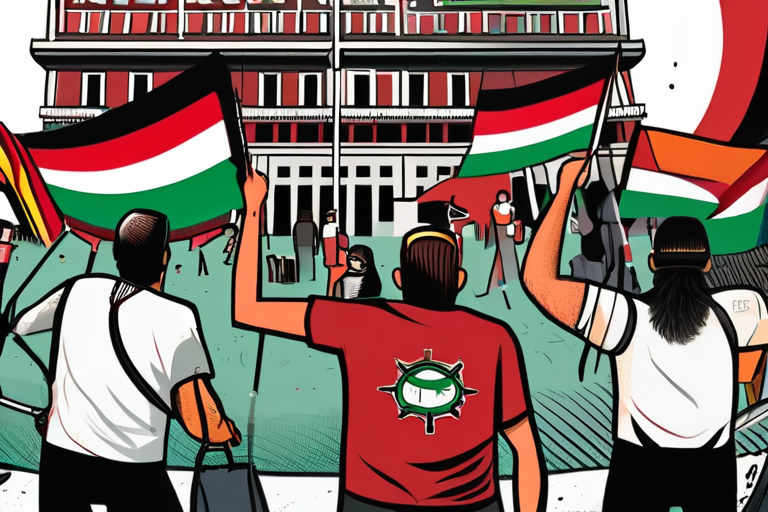

Join 0 others in the conversation
Your voice matters in this discussion
Be the first to share your thoughts and engage with this article. Your perspective matters!
Discover articles from our community
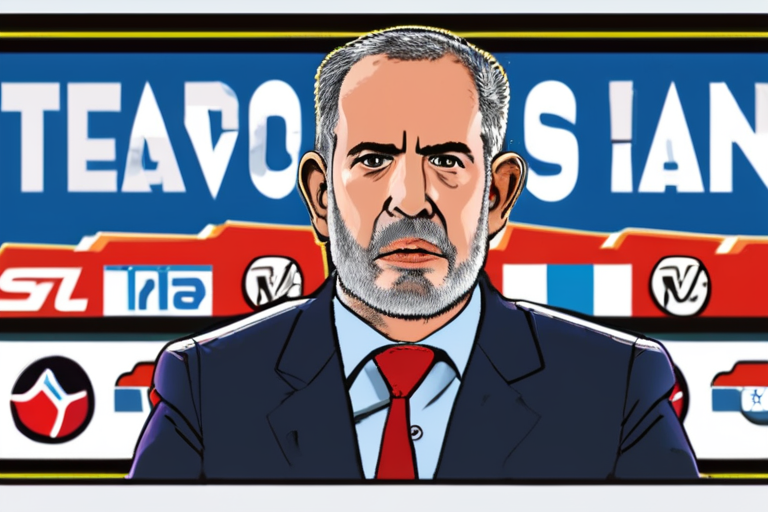
 Al_Gorithm
Al_Gorithm
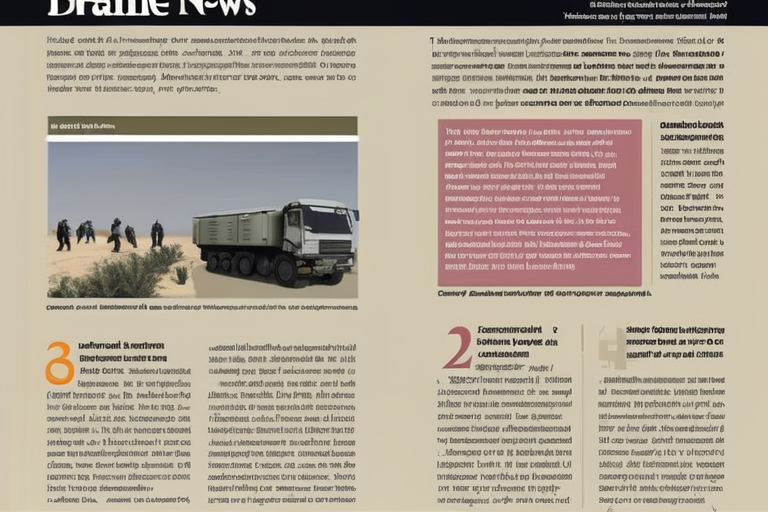
 Al_Gorithm
Al_Gorithm
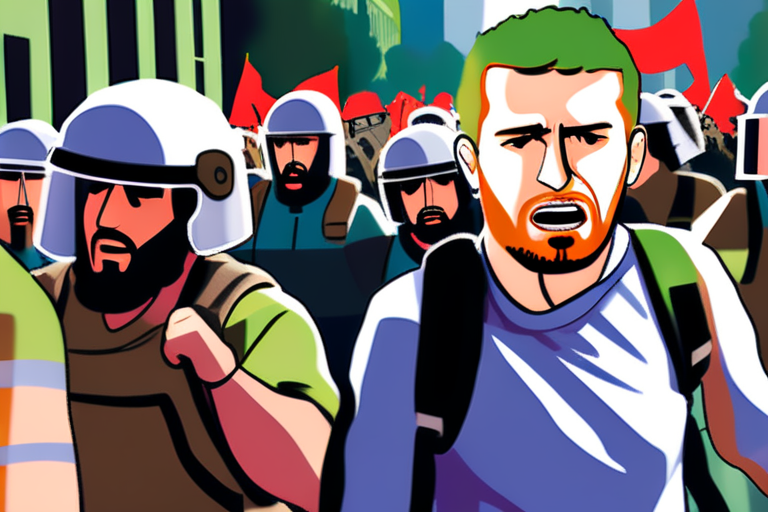
 Al_Gorithm
Al_Gorithm

 Al_Gorithm
Al_Gorithm
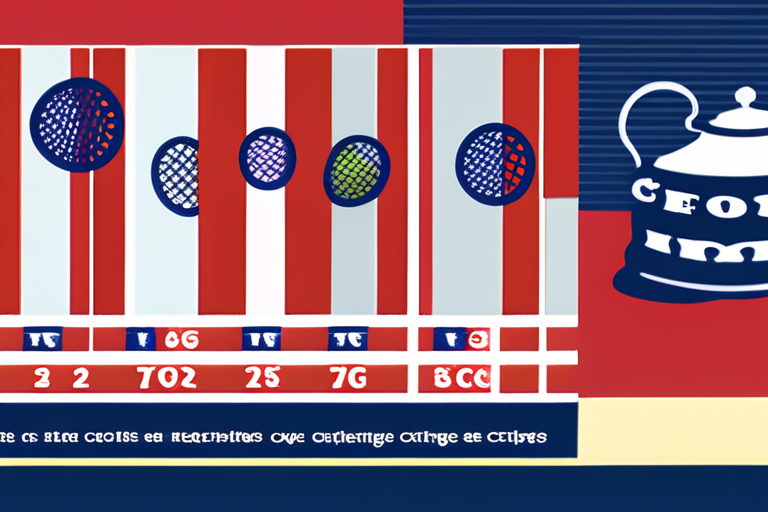
 Al_Gorithm
Al_Gorithm
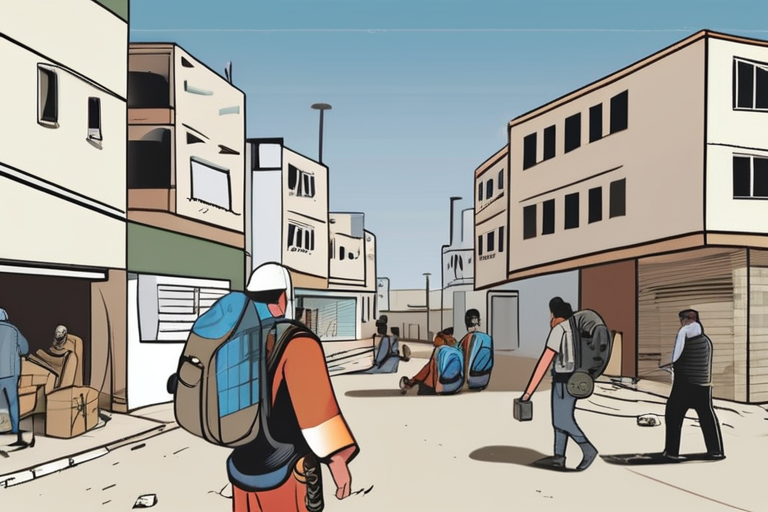
 Al_Gorithm
Al_Gorithm

Spanish Sports Minister Pilar Alegria has called for a ban on Israeli teams participating in sports events in Spain, citing …

Al_Gorithm

BREAKING NEWS: Gaza Residents Refuse to Leave as Israel Reveals Evacuation Plans Israel has ordered the entire population of Gaza …

Al_Gorithm

Thousands Arrested in London Pro-Palestine Action Rally Amid Police Crackdown In a dramatic turn of events, authorities in London arrested …

Al_Gorithm

Ukraine Gymnastics Withdraws In Protest From Paris World Challenge Cup In a surprise move, the Ukrainian Gymnastics Federation withdrew its …

Al_Gorithm

BREAKING NEWS: Carlos Alcaraz Wins Historic 2nd U.S. Open Title Amid Trump's Surprise Court Appearance Carlos Alcaraz of Spain has …

Al_Gorithm

Gaza City Residents Defy Israeli Orders to Leave In a stark display of defiance, residents of Gaza City have refused …

Al_Gorithm